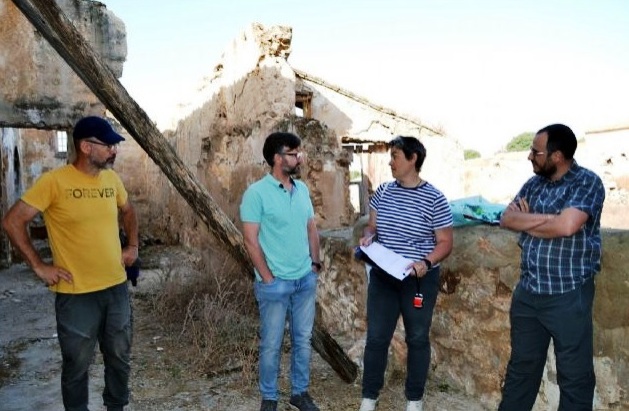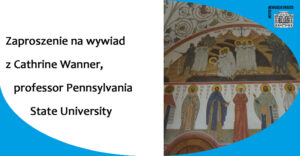
Zaproszenie na wywiad z Cathrine Wanner, professor Pennsylvania State University
17 marca 2023
Zbyszekcoments closed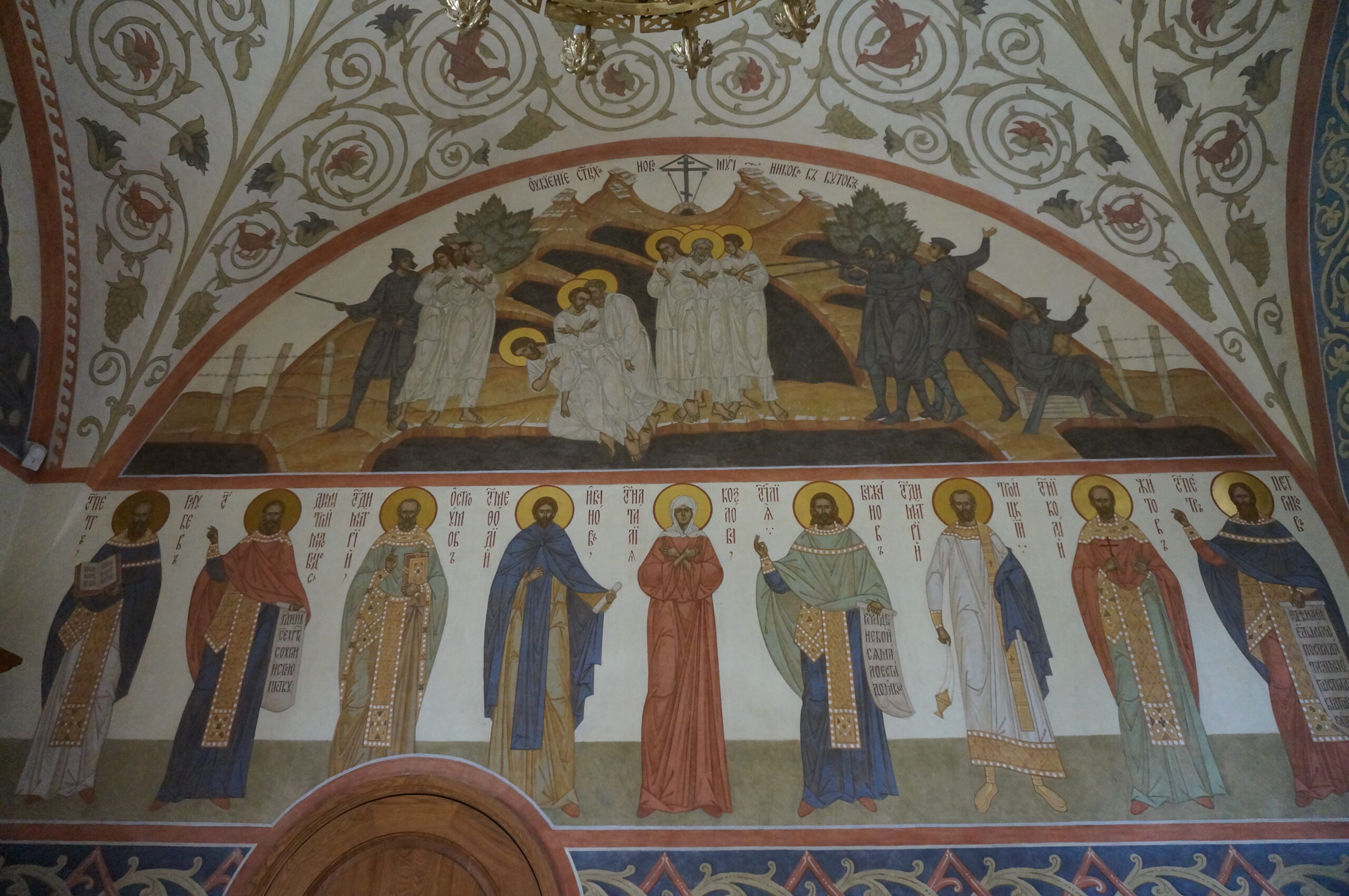
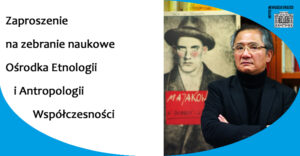
Zaproszenie na zebranie naukowe Ośrodka Etnologii i Antropologii Współczesności
09 stycznia 2023
Zbyszekcoments closed
Ośrodek Etnologii i Antropologii Współczesności
Instytutu Etnologii i Antropologii PAN
ma zaszczyt zaprosić na zebranie naukowe, na którym
Jie-Hyun Lim (Sogang University/Uniwersytet Warszawski)
wygłosi referat
"Imagining West and Self in the Global Easts-On Poland and Korea"
Zebranie odbędzie się w środę, 11 stycznia 2023 r., o godz. 11.00 w siedzibie IAE PAN w Warszawie (Al. Solidarności 105, sala 202)
istnieje możliwość wzięcia udziału online w seminarium.
Link do transmisji online: https://tiny.pl/wjf4r
Abstrakt:
Far from fixed locations, “West” and “East” are adaptable categories of imagined geography, whose fluidity I came to understand through my experience of investigating Western Europe, Eastern Europe, and East Asia in conjunction with one another, while wandering in the global space between Seoul and Warsaw. The geographical categorization of Polish studies in Germany, labeled Ostforschung (Eastern Studies) is “East,” while German studies in Poland, labeled Studia Zachodnie (Western Studies) is “West.” Germany as the East vis-à-vis France as the West became the West vis-à-vis Poland as the Ost. In turn, Poland considered itself as the West vis-à-vis “Asiatic” Russia. Likewise, Japan was posited as East in configuration with England, France, and Germany. Vis-à-vis Korea, China, and even Poland, Japan’s imagined geography shifts to West. In this transnational chain of historical imagination, East and West implies a sequential order of evolution. The sequential order from East to West connotes the temporalization of historical spaces in a linear developmental linear. Juxtaposing historical self-imaginations in Global Easts beyond national borders and historical specificities reveals a wide-ranging transversality of historical thinking of Marxist historicism, Red Orientalism, anti-Western Eurocentrism, and nationalist self-Orientalism.
Jie-Hyun Lim is Professor of Transnational History and director of the Critical Global Studies Institute at Sogang University, Seoul. He is now Principal Investigator of the research project Mnemonic Solidarity: Colonialism, War and Genocide in the Global Memory Space (2017-2024) and Series Editor of “Entangled Memories in the Global South” at Palgrave/Macmillan Publisher. His recent memory studies books include Global Easts: Remembering, Imagining, Practicing (Columbia Univ. Press, 2022). Victimhood Nationalism-A Global History (Humanist, 2021, Japanese translation-2022), Mnemonic Solidarity-Global Interventions (Palgrave, 2021) co-edited with Eve Rosenhaft. As a memory activist, he has been co-curating exhibitions of “Unwelcome Neighbors,” “Naming Forced Laborers” and others.
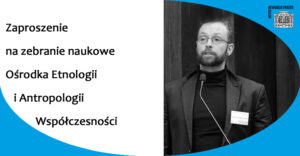
Zaproszenie na zebranie naukowe Ośrodka Etnologii i Antropologii Współczesności, Instytut Archeologii i Etnologii PAN
02 grudnia 2022
Zbyszekcoments closed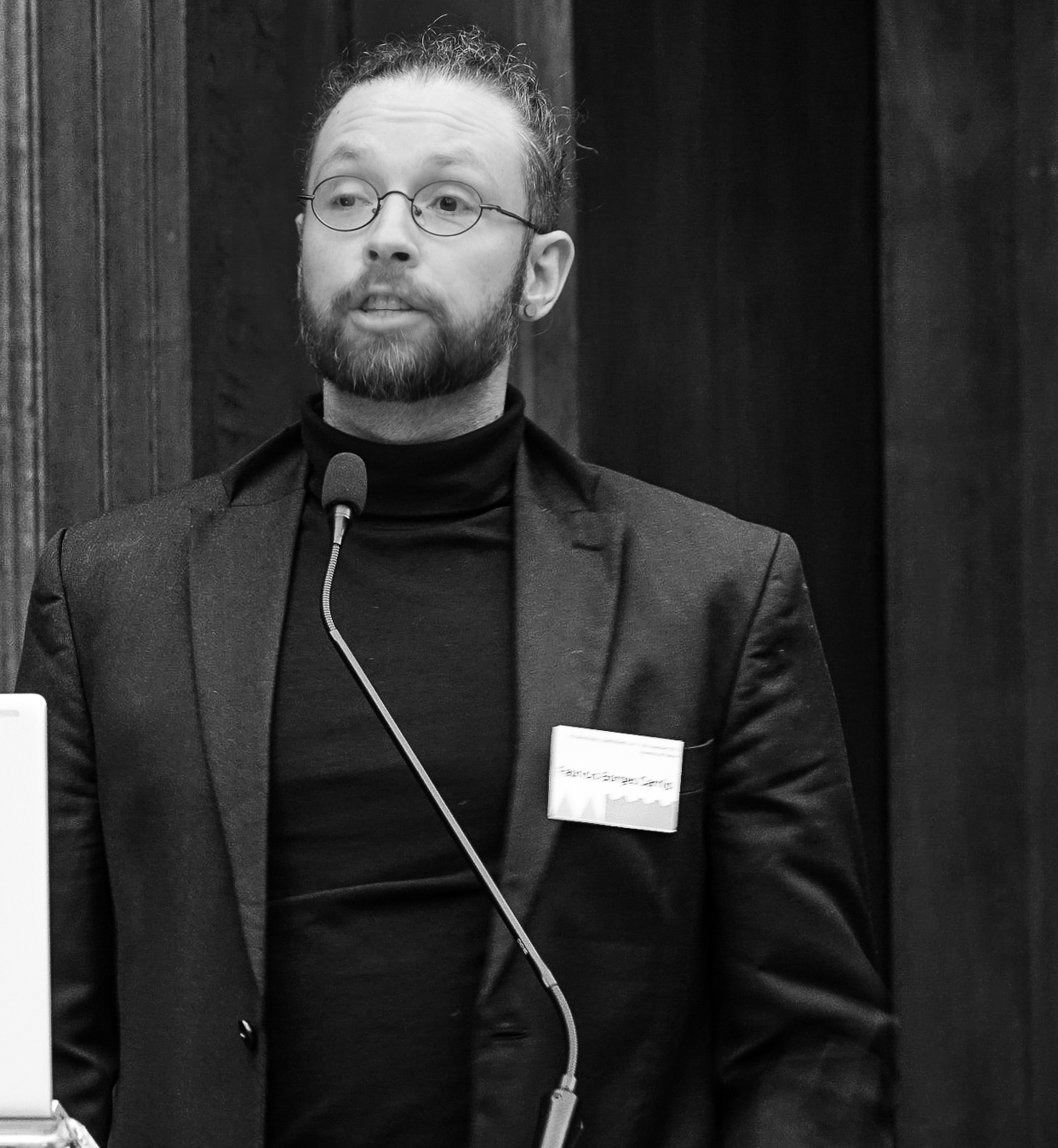
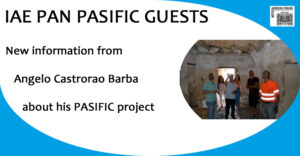
We have new information from Angelo Castrorao Barba about his PASIFIC project.
13 lipca 2022
Zbyszekcoments closed